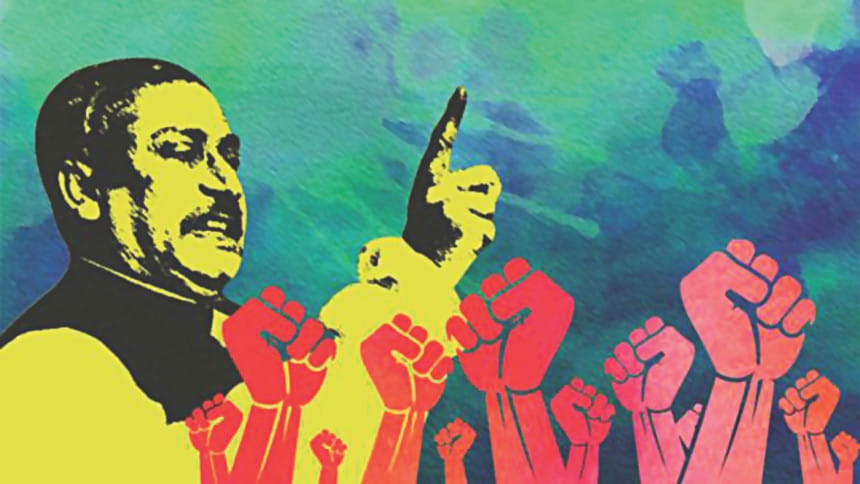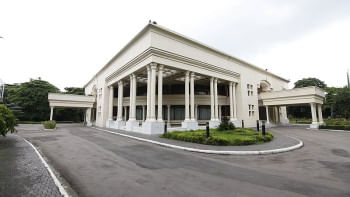What ‘liberation’ means to millennials like me

In his historic speech on March 7, 1971, Bangabandhu Sheikh Mujibur Rahman, the Father of the Nation, declared that our struggle was "a struggle for liberation" and "a struggle for independence". The war of 1971 did embody and embed the spirit of both these struggles. At the same time, I think liberation is a continuing journey towards making our independence meaningful for our people. When I hear of the word "liberation", two interlinked thoughts tend to cross my mind: "liberation from what" and "liberation for what". When I reflect on these in the context of my country, I deeply feel that our war of liberation was like crossing a Rubicon in our nation's march "from what" to "for what".
Our martyrs made the supreme sacrifice, in response to the call of Bangabandhu, because they didn't want their past to be our future. The war of liberation, thus, for me, is both a departure from the past and an embracing of the future.
In light of this, liberation is both a rejection and an affirmation. A rejection of repression, subjugation, economic deprivation, lack of basic human rights and political freedom, an absence of people's voice. At the same time, it is an affirmation of a future that represents the opposite of these rejections—a future where our country will be poverty-free and hunger-free, where every child will have an opportunity to fulfil her/his potential, a country that upholds the principles of equity, distributive justice and fairness, a country where human dignity will be respected and human rights safeguarded.
Liberation, for me, is a continuing struggle to consolidate and strengthen the four pillars of our constitution by strengthening democracy and the values of secularism, and by being true to the principles on which our republic was founded. As a millennial born in an independent Bangladesh, liberation for me means being aware of what we have rejected and embracing the ideas and the ideals that we have fought for by waging our war of independence.
Without doubt, our country can be genuinely proud of what it has achieved in its five decades of existence: growing per capita income and rising standard of living; lower poverty rates; access to universal primary education for children; women's education and empowerment; low maternal and infant mortality rates. Each post-independence generation has lived better than their parents. However, there remain many unfinished tasks and new challenges are emerging as our country moves forward in the twenty-first century. Twenty per cent of our people still live below the poverty line, and nine percent live below the extreme poverty line. Income and wealth inequalities are on the rise. Many children are still deprived of quality education. We need to do more to improve our state of governance, enforce the rule of law, and uphold the rights of citizens.
The ongoing pandemic has, indeed, further accentuated many of these challenges. For me, liberation is a multi-phased concept, not a goalpost but an embodiment of many mileposts in realising the promise that is Bangladesh.
I am immensely proud of the political freedom that we gained through our glorious war of liberation. But as I have argued above, other freedoms must inform our journey as a people, as a nation and as a country, to realise the opportunities that political freedom and the birth of an independent Bangladesh have created for our generation.
Our generation should appreciate and be aware of what our parents and forefathers did for us and the opportunities that we had enjoyed growing up in this country. It is for our generation to build on what have been achieved over the past and to help attain new milestones as we move to the future. Liberation for me, thus, is also a call of duty to fight for economic and social liberation to make the political liberation more meaningful and consequential for our people.
It is in this sense that I see "Liberation" as an ongoing endeavour—as a torch that one generation passes onto the next, a relay race from the past to the future inspired by the spirit of our liberation war, and a pledge to do our best to realise the aspirations that are embodied in that spirit.
Sanjana Rahman is a graduate of Queen's University, Ontario, Canada.

 For all latest news, follow The Daily Star's Google News channel.
For all latest news, follow The Daily Star's Google News channel. 



Comments